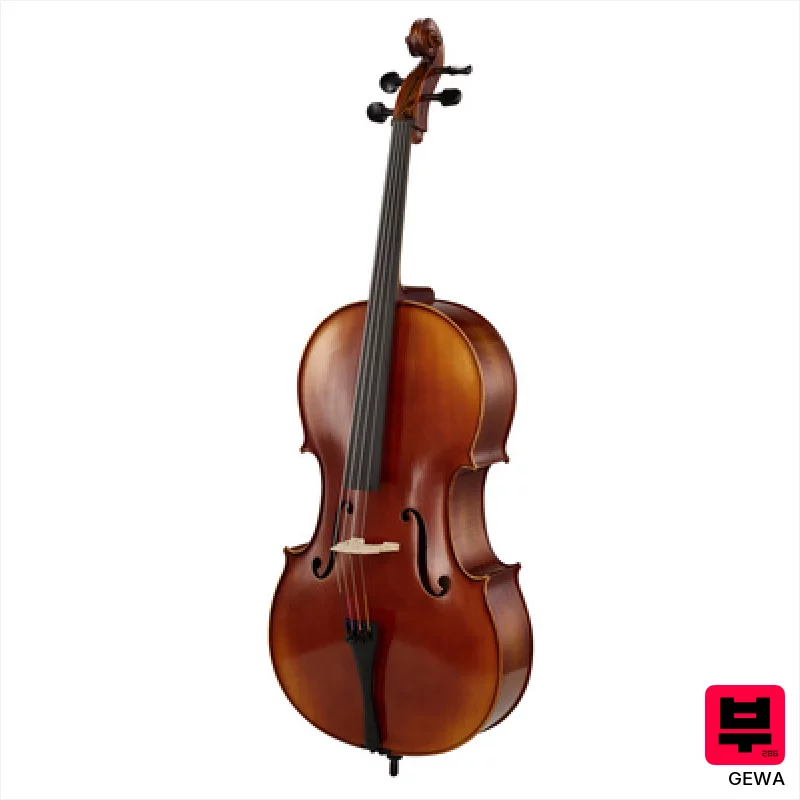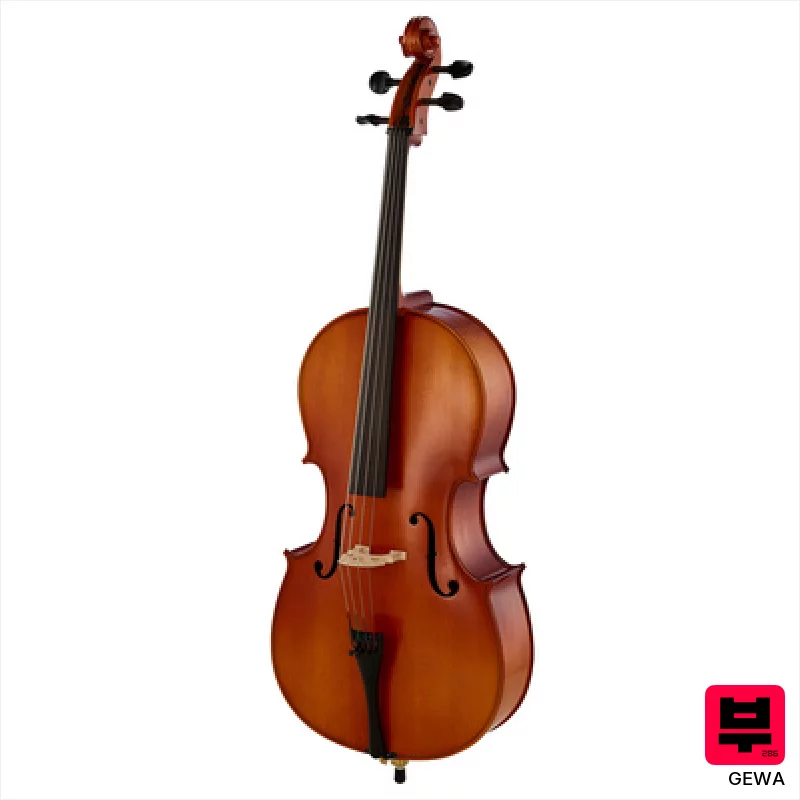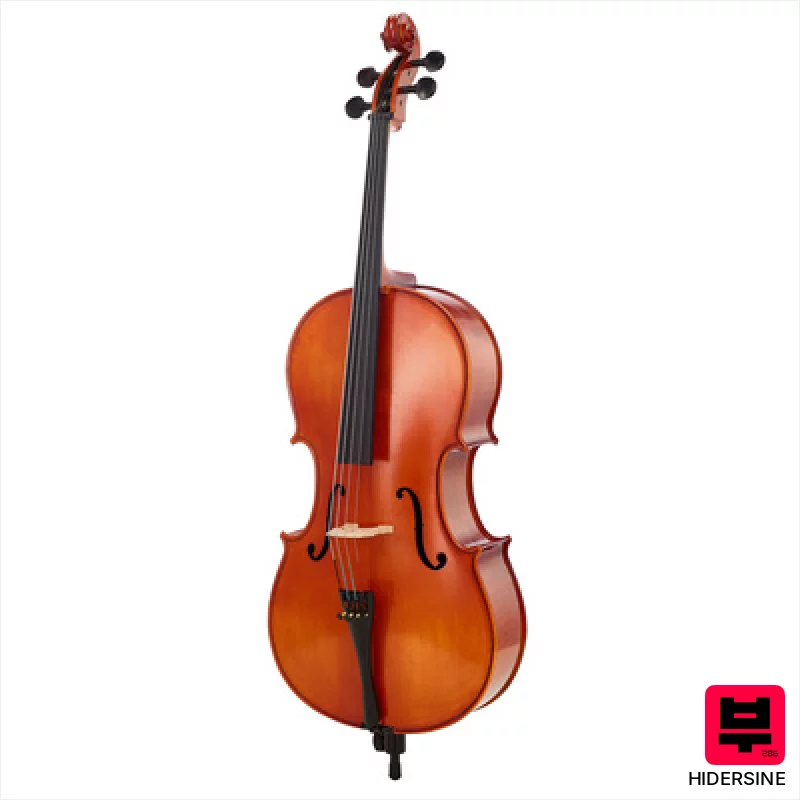Best 1/4, 1/8, 1/10 and 1/16 Cellos Under $1,000 2026
Affordable 1/4, 1/8, 1/10 and 1/16 cellos under $1,000 - great value without compromising quality
Last updated: January 21, 2026 • Next update: January 28, 2026

Gewa Allegro VC1 Cello 1/4
- • Encourages musical development
- • Scaled for very young players
- • Expensive for short-term use
- • Rental strongly recommended
Gewa Allegro VC1 Cello 1/4Solid CelloSize: 1/4Made from European tonewoodsSolid European spruce topSolid European maple...

Gewa Pure Celloset EW 1/8
- • Scaled for very young players
- • Enables early musical education
- • Expensive for short-term use
- • Limited sound projection
Gewa Pure Celloset EW 1/8Cello SetSize: 1/8Top: Solid spruceSolid maple backInlaid purflingFingerboard and pegs made of...

Gewa Allegro VC1 Cello 1/16
- • Enables early musical education
- • Scaled for very young players
- • Rental strongly recommended
- • Limited sound projection
Gewa Allegro VC1 Cello 1/16Solid CelloSize: 1/16Made of European tonewoodsSolid European spruce topSolid European maple...

Hidersine Vivente Cello Set 1/4
- • Available in multiple small sizes
- • Develops proper technique from start
- • Limited sound projection
- • Very limited availability
Hidersine Vivente Cello Set 1/4Cello Set 1/4Massive selected spruce topMassive "graphic flamed" maple back...

Gewa Allegro VC1 Cello 1/8
- • Scaled for very young players
- • Available in multiple small sizes
- • Outgrown very quickly
- • Expensive for short-term use
Gewa Allegro VC1 Cello 1/8Solid CelloSize: 1/8Made from European tonewoodsSolid European spruce topSolid European maple...
How to Choose the Best 1/4, 1/8, 1/10 and 1/16 Cellos
Budget Planning
- • Under $200: Entry-level
- • $200-$500: Intermediate
- • $500-$1000: Advanced
- • $1000+: Professional
Quality Check
- • Sound clarity & tone
- • Build materials & finish
- • Hardware durability
- • Overall craftsmanship
Key Features
- • Your musical style
- • Skill level match
- • Intended use case
- • Brand reputation

